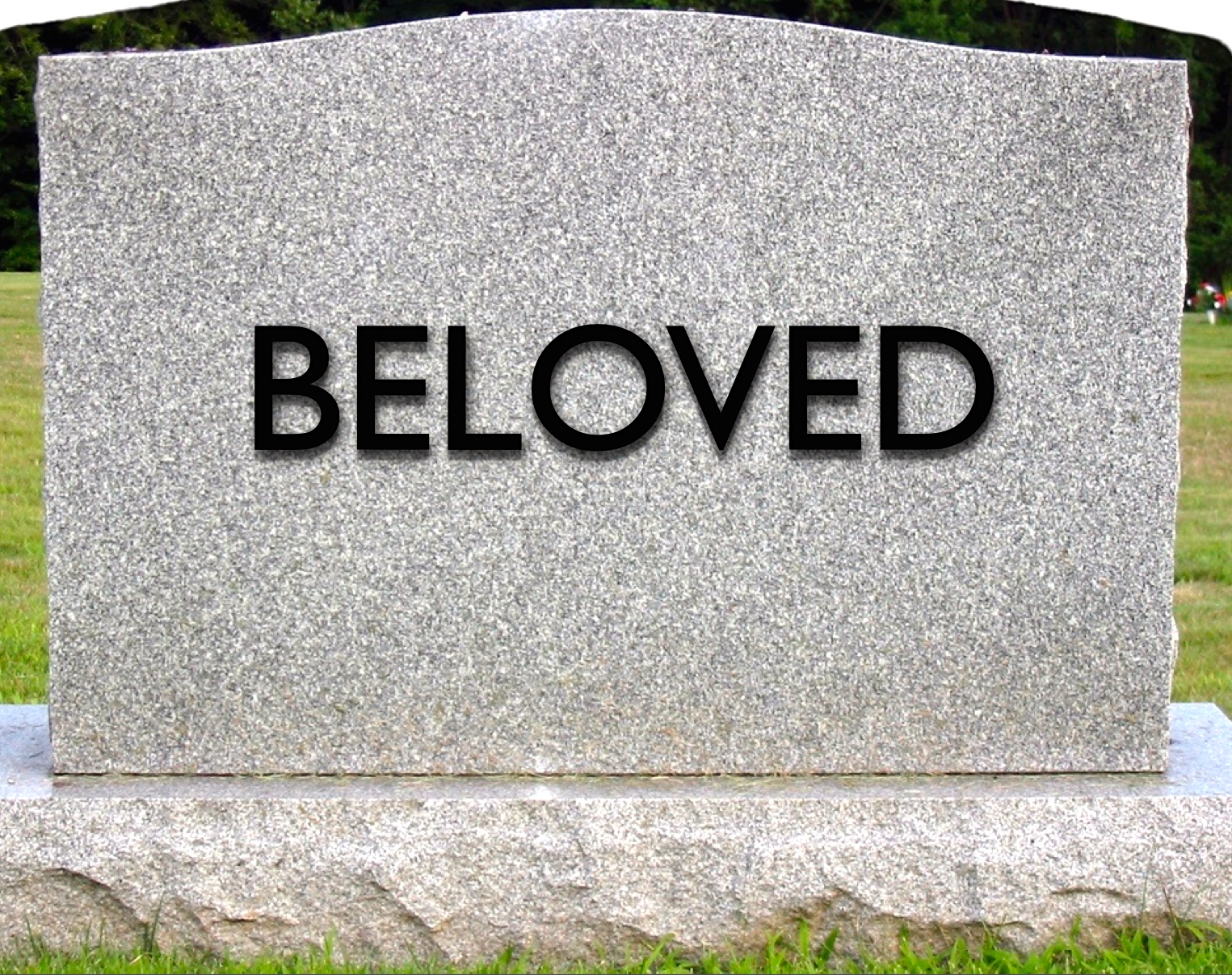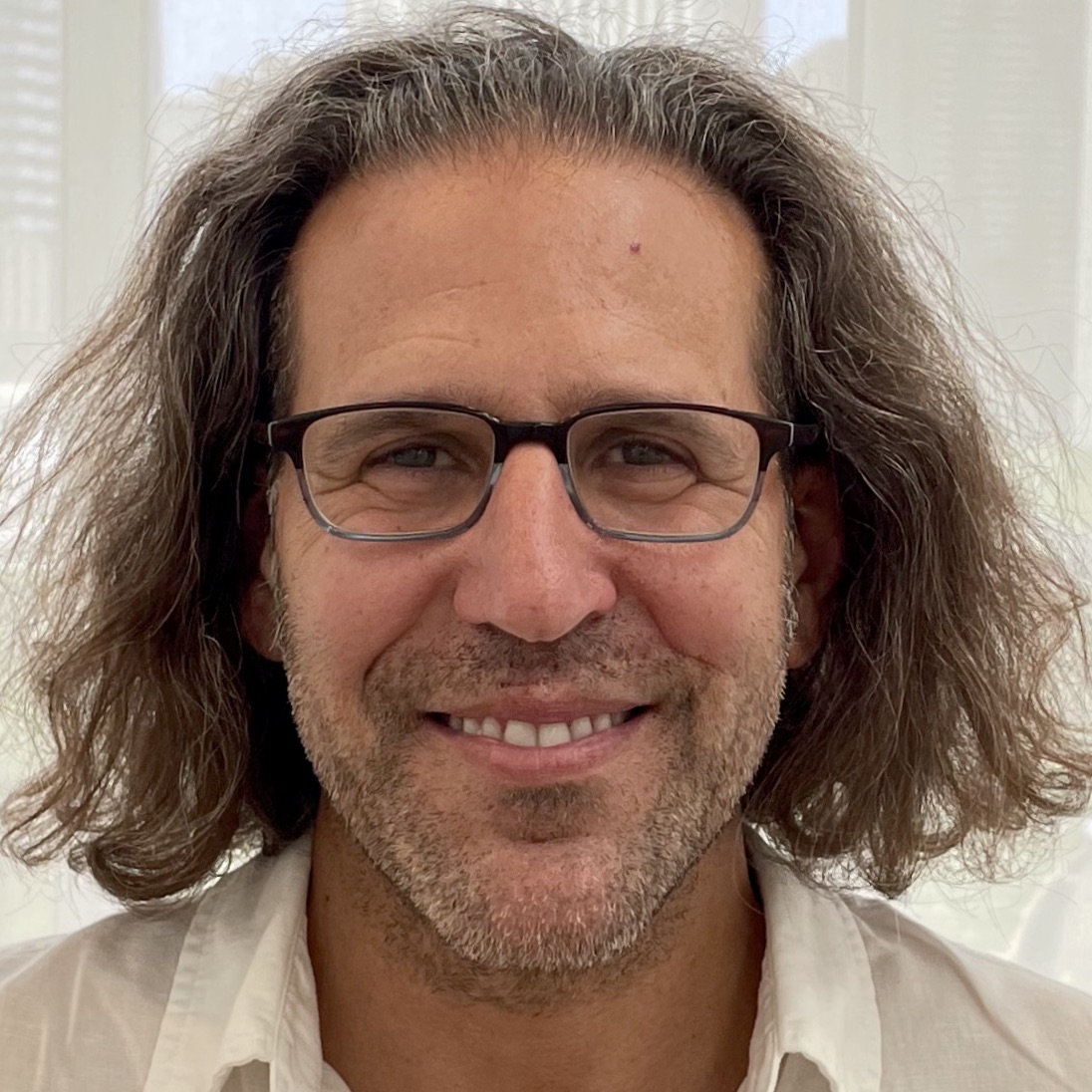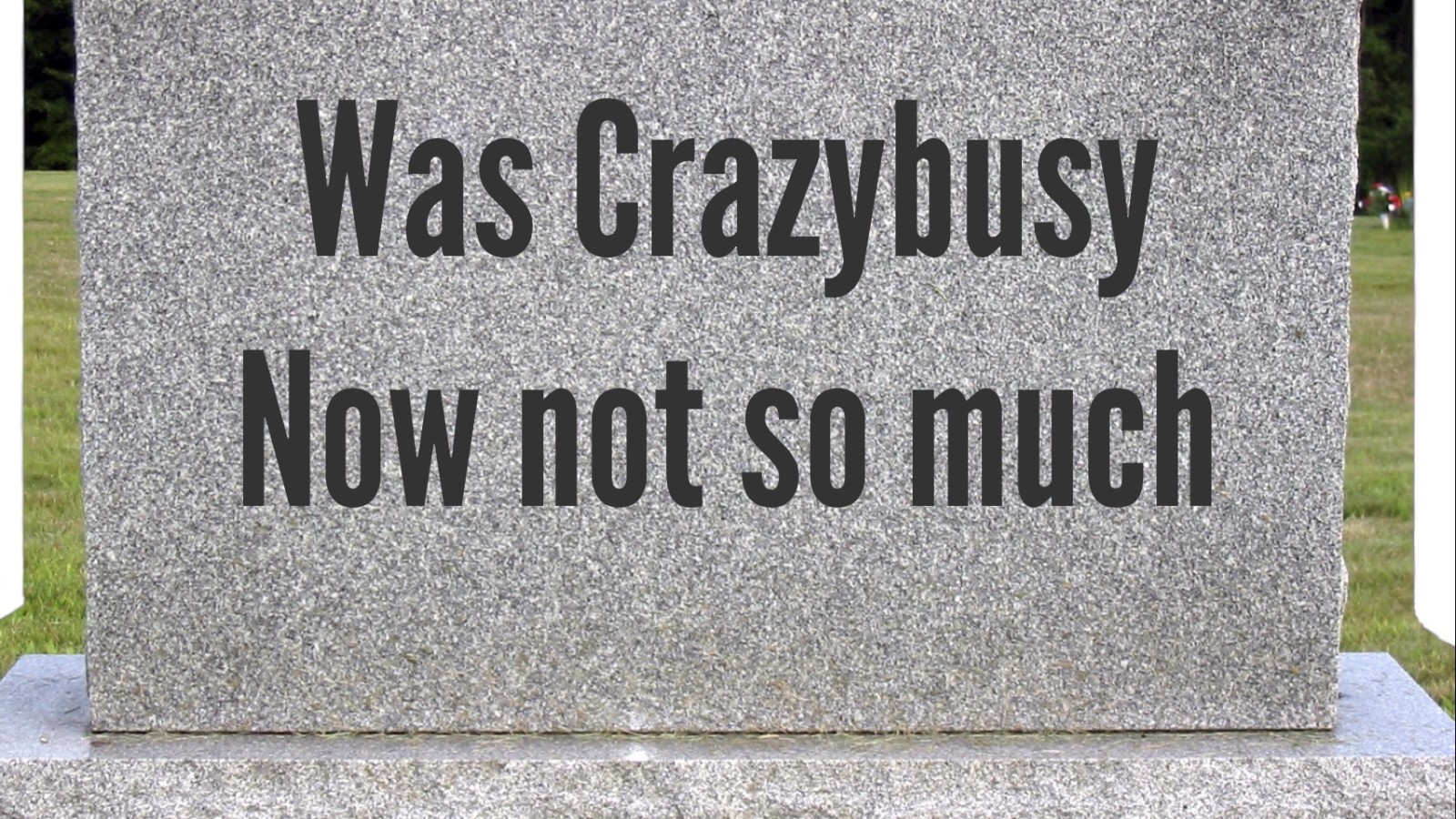“No one knows who will live in this cage in the future, or whether at the end of this tremendous development entirely new prophets will arise, or there will be a great rebirth of old ideas and ideals, or, if neither, mechanized petrifaction, embellished with a sort of convulsive self-importance.” ~ Max Weber
One benefit of civilization is that the majority of people have their basic physiological needs — food, clean water, shelter from the elements, protection from predators — satisfied.
But once we are no longer running from lions and scavenging for our next meals, what do we truly desire and why?
Lacan said, “The unconscious is the discourse of the Other,” implying that the preponderance of ideas floating around our minds were instilled as we became members of a particular culture with particular mores, norms and languages.
When people casually discuss shopping victories or how many followers they have on social media, are they seeking connection, status, or both? Social media abounds with smiling victors making pilgrimages to “destination” locations to be a part of an elite club of humans with scores of passport stamps and embossed baseball caps. “Affinity grouping” is how any anthropologist studying tribalism or MBA marketing student would refer to this phenomenon.
It appears that for some Westerners life is a game wherein they attempt to amass and conserve capital and receive dopamine hits when they view their bank accounts or stock portfolios online.
Others appear to be seeking prestige or fame — mostly measured today by accumulating followers and “LIKEs.”
Lacan would say that whatever we desire we must be lacking. But how did you learn that you were lacking prestige or capital?
If you want to accumulate wealth for the sake of accumulating wealth (either through dollars or real estate or stocks or crypto currency) then you must be lacking security, self-worth.
What happened to you when you were young that informed you that accumulating wealth would solve that problem?
Were you mocked by the cool clique at school and thus now have become an “Influencer” or self-proclaimed “Public Figure” to spite that clique decades later? Is your desire for notoriety a compensation for humiliation you suffered a long time ago?
Seeing as Kim Kardashian removed all barriers to entry for being famous, legions of talentfree and skill-less Gen-Zers are declaring themselves “Public Figures” 20–50 years prior to accomplishing anything save the feat of knowing how to take a selfie in a moderately interesting location. Could resentment and spite be fueling the onslaught of media spasming through our feeds as we collectively scroll our way to schadenfreude bliss each morning over our lattes?
“A living being seeks above all else to discharge its strength. Life itself is will to power.” ~ Nietzsche
Nietzsche believed that most of our actions were set in motion by a primal will to power, the desire to exert power in some manner. Even if the will to power leads to some sort of David Blaine-type self-mastery or Derren Brown-type genius, I have grown to believe that exerting power is a poor substitute for love.
If you could only have one phrase on your tombstone would it be…
“Was Powerful”
“Was Prestigious”
“Was Influential”
“Was Right”
“Was Crazybusy”
“Had Status”
“Owned Many Homes”
“Self-Realized”
… or
“BELOVED”?
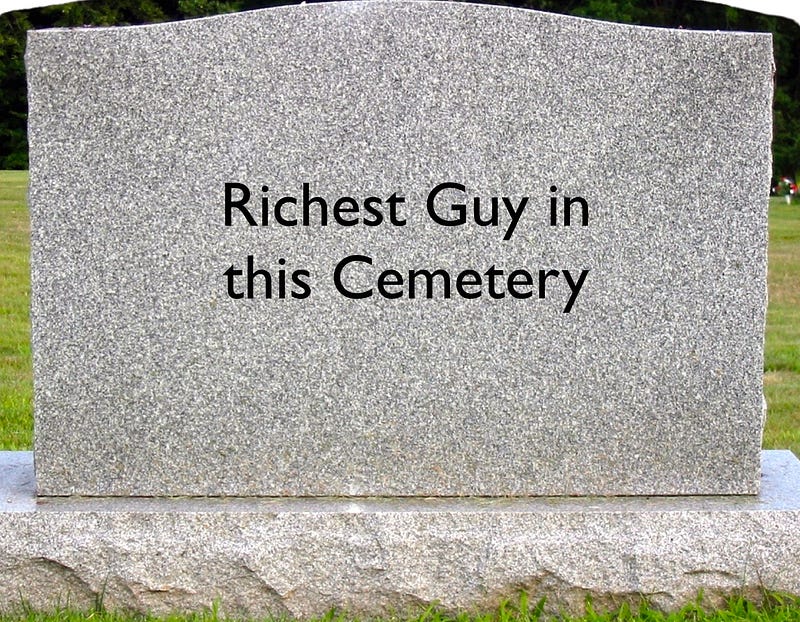
The most common regret heard from dying humans is “I should have loved more.”
Not many are known to have uttered, “I should have spent more time at the office” or “I should have owned more things” or “I should have posted more online content.” So why do people spend so many of their waking hours talking about work and consumerism and online stature?
“Any good bureaucrat knows his true end: enlarging his own little piece of power.” ~ Philip Rieff
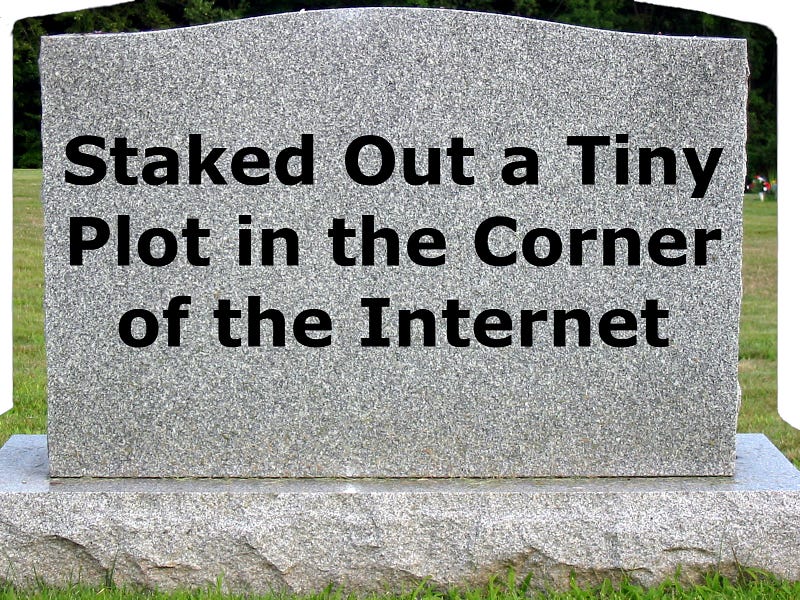
If we know that love is the only thing that truly matters, then why do so many people try to impress others by announcing unimpressive micro-accomplishments (“I bought an NFT this morning!”) regaling them with Odysseus-like travails of freshly hunted material possessions, and not-so-subtly signaling their net worths by mentioning the fabulous (“so expensive but worth it!”) restaurants where they dine, their big-ticket purchases, travel expenditures and zip codes?
What we truly crave is human connection.
“Mirror neurons do not fire via text message,” a public figure once wrote. “One hug equals one million social media followers,” said another.
How did your subconscious come to believe that a particular handbag, automobile or hotel experience would bring you joy?
Voco in latin means “calling.” Everyone has a calling, I believe. A vocation. What the universe is calling them to do during their short time on planet earth.
Many people appear to have been deluded or distracted from their callings by following our society’s prescribed formula for “the good life.” That suburban, white-picket fence utopia of the 1950s has become terribly corrupted leaving a society of depressed and anxious people who feel they “failed” or are “not good enough.”
This supposed “failure” is due to the fact that they are using somebody else’s (antiquated and absurd) measure of success.
So if you suffer from any of the common afflictions plaguing Westerners today, first take a look at your level of autonomy: did you make a Faustian pact for wealth or fame, leaving your soul unnourished if not tarnished?
Who is the author of your desires and are these healthy desires?
Or did you foreclose on your autonomy and enslave yourself, to the point where you no longer even realize that the key out of your prison has been in your back pocket all along?
In my workshops on happiness and authenticity, I tell students, “We become what we love and we become what we hate and both are inauthentic.” We imitate our caregivers when we are young because we are dependent upon them to keep us alive; then as we individuate and gain our own senses of self, we rebel against those caregivers in order to define ourselves as individuals. This inner conflict dogs many people for their entire lives, or at least until they discern their vocations and map out routes to becoming authentic and living their true purposes.
For any sort of inauthenticity is a surefire route to depression and anxiety because when you seduce someone into admiring your false-self you will later resent them for not loving your authentic-self (which you probably never showed them).
Nietzsche wrote “Become Who You Are,” which I translate into “How To Own Your Life,” how to accept every second of your life and be the author of a fabulously authentic narrative that bodes well for an equally fruitful future, not a slave to what society has taught you to desire.
